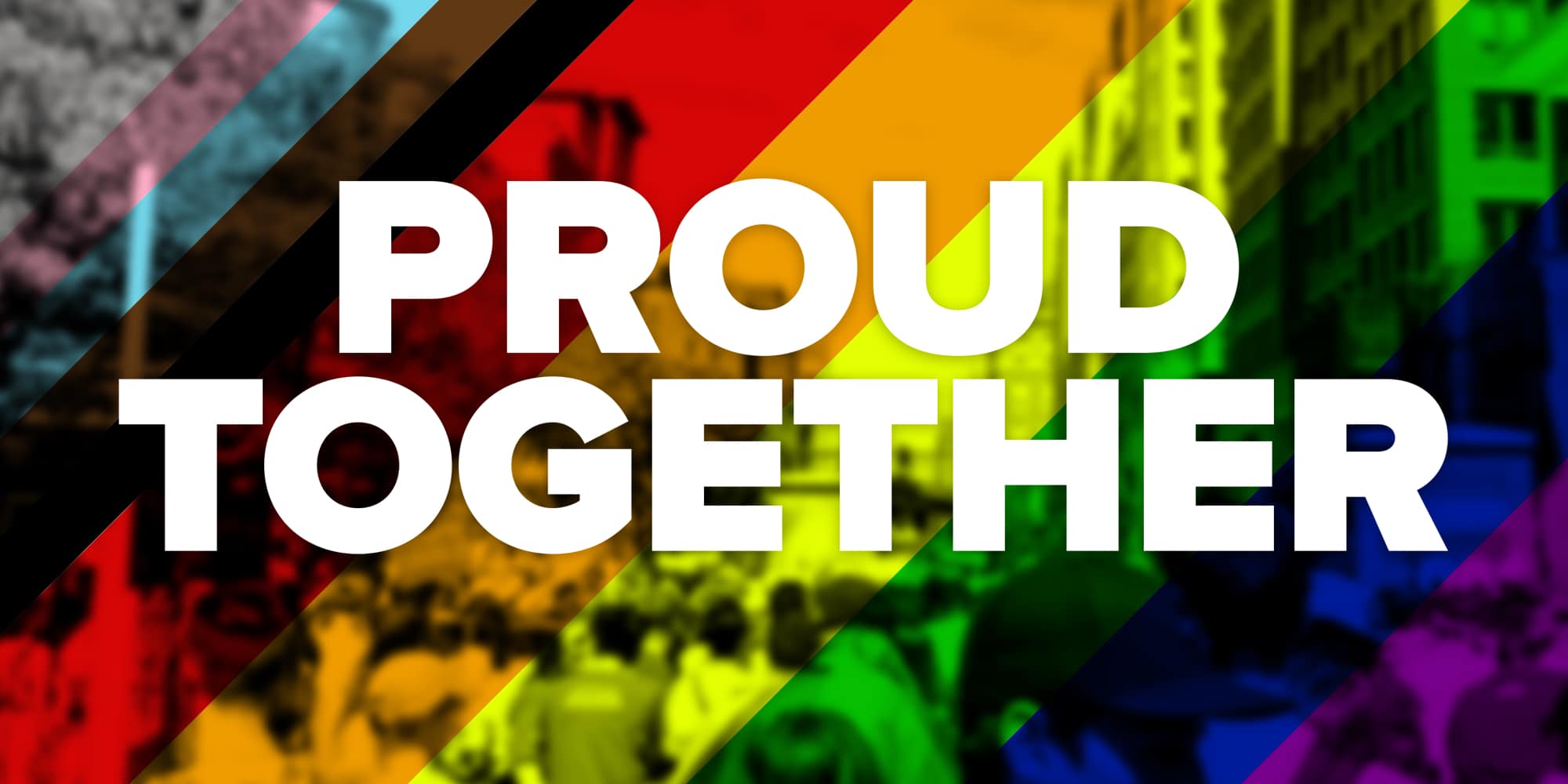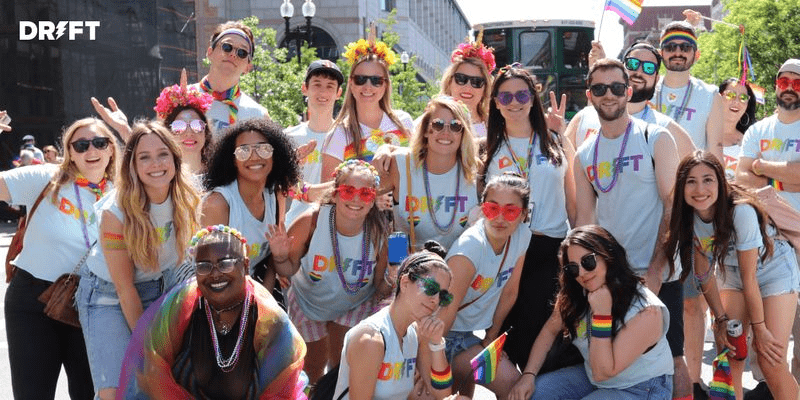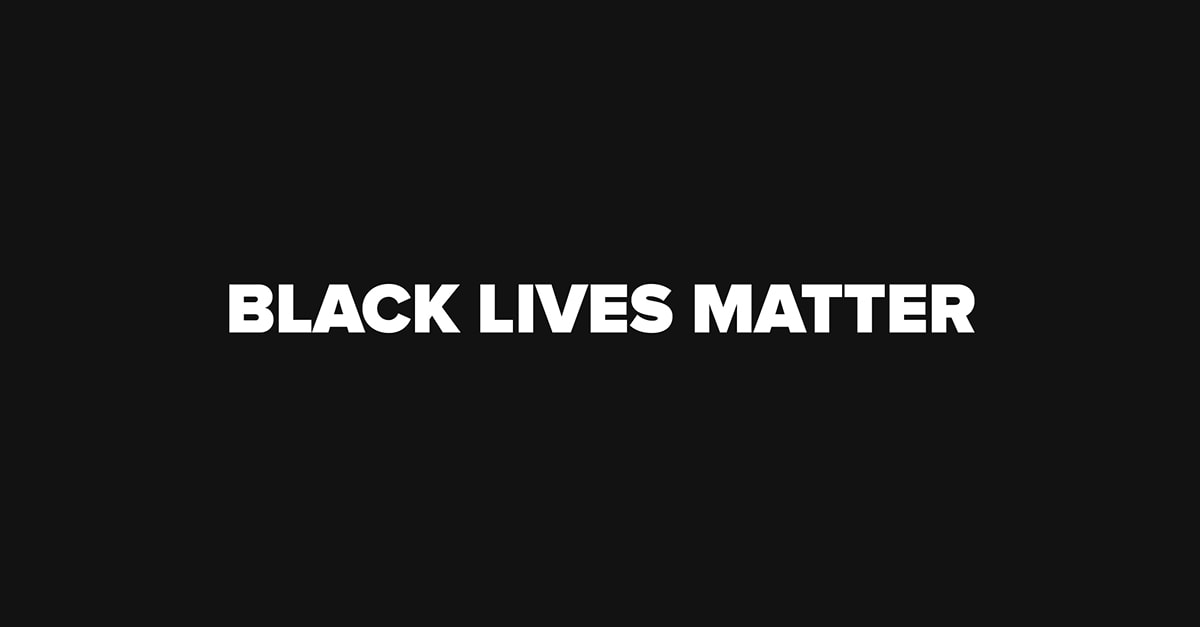
Last year marked 50 years since the Stonewall Uprising. 50 years since a clash between gay rights activists and police in New York City sparked a global movement.
Sound familiar? Yeah. Me too.
Before I get into all that, here’s a refresher course on the significance of the Stonewall Uprising:
- It began on June 28, 1969, after police raided the Stonewall Inn, a gay club in NYC’s Greenwich Village. The ensuing protests drew thousands of supporters and continued for nearly a week.
- A year later on June 28, 1970, activists organized New York’s first gay rights march. It was called Christopher Street Liberation Day. Marches also took place in other U.S. cities, making it the country’s first widespread demonstration for gay rights.
- Stonewall was a catalyst for a new generation of social and political activism. In the years following, Stonewall was credited with the formation of a number of gay rights groups, including Marsha P. Johnson’s STAR (Street Transvestite Action Revolutionaries).
- In 2016, President Barack Obama declared the site of the protests (Stonewall Inn, Christopher Park, and the surrounding streets and sidewalks) a national monument. The Stonewall Inn still stands today.
- In 2019, New York City’s police commissioner issued an apology on behalf of the police department saying, “The actions taken by the N.Y.P.D. were wrong – plain and simple.”
A lot can happen in 50 years ?
And when Pride Month rolls around each June, it prompts many of us to reflect on the past – and what it means for the current state of rights of the LGBTQIA+ community. This year is no different.
But I’ll come right out and say it. We’ve come upon Pride Month at a time where attention and emotions are focused on the COVID-19 pandemic and the civil unrest we’re experiencing in the U.S. People are once again taking to the streets to fight – this time against systemic racism.
Following George Floyd’s murder – yet another Black person who was unnecessarily murdered by the police – many of us are relying on past movements to provide us with some indication of how we can respond right now.
Stonewall is a powerful symbol of resistance to discrimination. And it’s no surprise that it’s been referenced many times as the country debates the necessity of protests and riots in mobilizing the government to make changes. Big changes.
It’s too soon to say what will result from the protests (now taking place on a global scale) and sweeping anti-racism advocacy. But the LGBTQIA+ community at Drift and the company at-large are holding space for continued learning, rallying against racism, and actioning around anti-racism. We’re attentive to the intersections of race in our community and how they impact some of us, like the Black trans community, at a greater detriment.
So as we celebrate Pride this year, I also encourage you to reflect on the history of the movement and what it can teach us about progress, not just for the LGBTQIA+ community, but for all groups facing discrimination. We stand – proud together – with the Black community.







